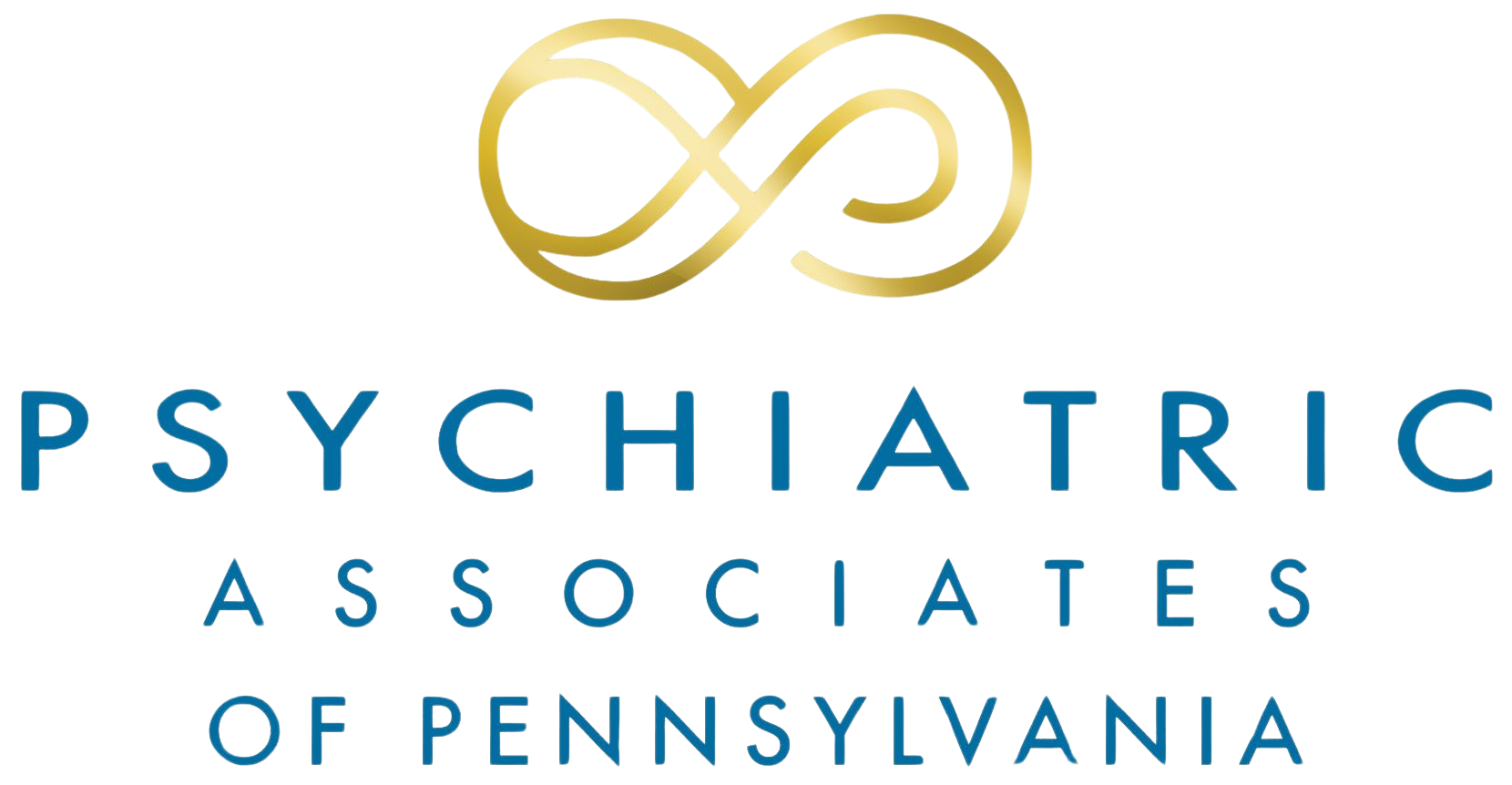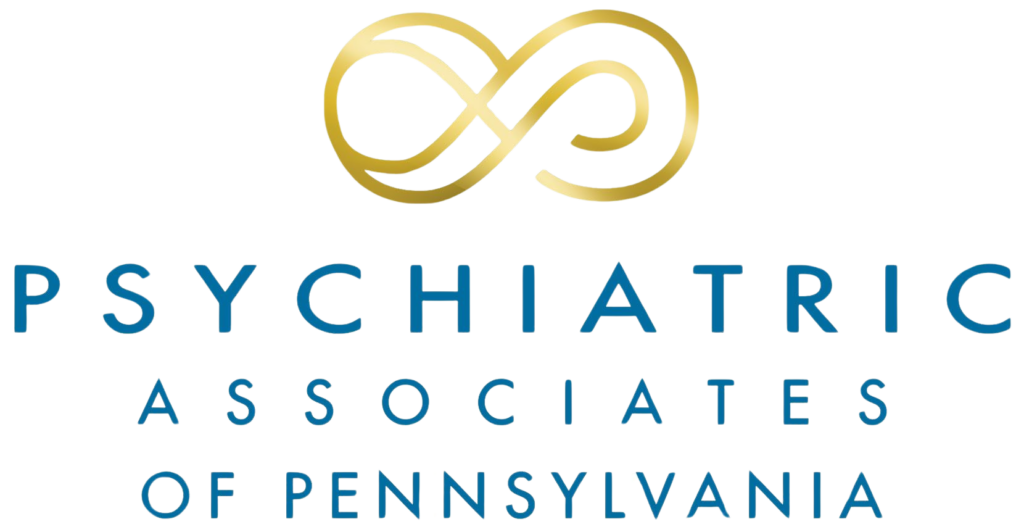Psychosis refers to a mental health condition characterized by a loss of touch with reality. It is not a specific diagnosis but rather a symptom of various psychiatric disorders. People experiencing psychosis may have difficulty differentiating between what is real and what is not, which can result in significant disturbances in their thoughts, perceptions, emotions, and behavior.
Common symptoms of psychosis include:
- Delusions: False beliefs that are firmly held, despite evidence to the contrary. Delusions can involve a wide range of themes, such as paranoia (believing others are plotting against you) or grandiosity (believing you have exceptional abilities or importance).
- Hallucinations: Perceiving things that are not actually present. Auditory hallucinations (hearing voices) are the most common type, but hallucinations can also affect other senses, such as seeing, smelling, tasting, or feeling things that are not there.
- Disorganized thinking: Individuals with psychosis may struggle to organize their thoughts and have difficulty expressing themselves coherently. Their speech may become incoherent or fragmented, making it hard to follow their conversations.
- Disrupted emotions: People experiencing psychosis can display intense and unpredictable emotional responses. They may exhibit a flat affect (reduced emotional expression) or inappropriate emotional reactions to situations.
- Impaired functioning: Psychosis can significantly impact an individual’s ability to carry out daily activities, maintain relationships, or fulfill responsibilities at work or school.
There are several types of psychotic disorders, each with its own specific features and diagnostic criteria. The following are some of the major types:
- Schizophrenia: Schizophrenia is a chronic and severe psychiatric disorder characterized by a combination of symptoms, including hallucinations, delusions, disorganized thinking, disorganized or catatonic behavior, and negative symptoms (such as diminished emotional expression or avolition). It typically begins in late adolescence or early adulthood and can significantly impair a person’s ability to function in daily life.
- Schizoaffective disorder: Schizoaffective disorder combines symptoms of both schizophrenia and mood disorders, such as major depressive episodes or manic episodes. Individuals with schizoaffective disorder experience periods of psychosis, along with mood disturbances. The psychotic symptoms can occur alongside or separate from the mood episodes.
- Brief psychotic disorder: Brief psychotic disorder is characterized by the sudden onset of psychotic symptoms that last for a brief period, typically less than one month. The symptoms may be triggered by a stressful event or situation. Once the episode ends, the person generally returns to their previous level of functioning.
- Delusional disorder: Delusional disorder involves persistent and non-bizarre delusions that are not accompanied by other prominent psychotic symptoms, such as hallucinations or disorganized thinking. The delusions typically revolve around a specific theme, such as persecution, jealousy, or somatic symptoms.
- Substance-induced psychotic disorder: This type of psychotic disorder is caused by the use or withdrawal from substances such as alcohol, hallucinogens, stimulants, or other substances that can induce psychosis. The psychotic symptoms arise as a direct result of the substance use or withdrawal and are not primarily caused by another underlying mental disorder.
- Psychotic disorder due to a medical condition: Some medical conditions, such as certain neurological disorders, brain tumors, infections, or autoimmune disorders, can lead to psychosis. The psychotic symptoms arise as a consequence of the medical condition and are not better explained by another primary psychiatric disorder.
It’s important to remember that proper diagnosis and treatment of psychotic disorders should be carried out by qualified mental health professionals. If you or someone you know is experiencing symptoms suggestive of a psychotic disorder, seeking professional help is essential for an accurate diagnosis and appropriate treatment plan.
The exact causes of psychosis are not fully understood, but research suggests that it can be influenced by a combination of genetic, biological, environmental, and psychological factors. Here are some factors that are thought to contribute to the development of psychosis:
- Genetics: There is evidence to suggest that genetic factors play a role in the development of psychosis. Having a family history of psychotic disorders, such as schizophrenia, increases the risk of developing psychosis.
- Brain chemistry and structure: Imbalances in certain brain chemicals (neurotransmitters), such as dopamine and glutamate, have been associated with psychosis. Additionally, abnormalities in brain structure and functioning, including differences in brain regions involved in perception, thinking, and emotional regulation, have been observed in individuals with psychosis.
- Environmental factors: Certain environmental factors can contribute to the development of psychosis, particularly when combined with genetic susceptibility. These factors may include exposure to prenatal or early life stress, trauma, substance abuse (especially cannabis and stimulants), infections, and certain autoimmune disorders affecting the brain.
- Neurodevelopmental factors: Disruptions in early brain development and neurodevelopmental disorders, such as autism spectrum disorder, can increase the risk of psychosis.
- Substance abuse: Substance-induced psychosis can occur from using or withdrawing from substances that affect brain functioning, such as alcohol, marijuana, hallucinogens, stimulants, or certain prescription medications.
- Psychological factors: Psychological stress, trauma, and certain coping mechanisms can contribute to the development or exacerbation of psychosis in vulnerable individuals.
It’s important to note that while these factors are associated with an increased risk of psychosis, they do not guarantee the development of the condition. Psychosis is a complex and multifaceted phenomenon, and the interplay of various factors can differ from person to person.
The treatment of psychosis typically involves a combination of medication, psychotherapy, and psychosocial support. The specific treatment approach may vary depending on the underlying cause of psychosis, individual needs, and the severity of symptoms. Here are some common treatment methods:
- Medication: Antipsychotic medications are the primary treatment for psychosis. These medications help to reduce or manage symptoms such as hallucinations, delusions, and disorganized thinking. There are two main types of antipsychotics: typical antipsychotics (first-generation) and atypical antipsychotics (second-generation). The choice of medication depends on factors such as symptom severity, potential side effects, and individual response.
- Psychotherapy: Psychotherapy, or talk therapy, can be beneficial in helping individuals with psychosis understand and manage their symptoms, improve coping skills, and enhance overall functioning. Cognitive Behavioral Therapy (CBT) is commonly used to address distorted thinking patterns and promote reality testing. Other types of therapy, such as family therapy or supportive therapy, may also be helpful in addressing relationship issues and providing emotional support.
- Psychosocial support: Psychosocial interventions aim to support individuals with psychosis in their recovery and improve their quality of life. These interventions can include education about the illness, assistance with daily living skills, vocational rehabilitation, social skills training, and support groups. Peer support programs can also be valuable by providing individuals with lived experience of psychosis who can offer guidance and understanding.
- Hospitalization: In severe cases of psychosis where the individual is at risk of harm to themselves or others, hospitalization may be necessary. This provides a structured and safe environment for stabilization, evaluation, and intensive treatment.
- Integrated treatment: In some cases, individuals may have co-occurring mental health conditions, such as substance abuse, depression, or anxiety disorders. Integrated treatment approaches that address both the psychotic symptoms and the co-existing conditions may be recommended.
- Treating the underlying condition: In situations in which psychosis is due to a medical illness, treating the medical condition can often lead to improvement in psychotic symptoms.
- Stopping substances: When drugs, alcohol, or medications are causing or contributing to psychosis, those substances must be stopped in order for the psychosis to resolve.
It’s important to note that treatment for psychosis should be individualized, and a collaborative approach involving mental health professionals, including psychiatrists, psychologists, social workers, and other healthcare clinicians, is essential. Early intervention is crucial for better outcomes, so if you or someone you know is experiencing symptoms of psychosis, it’s important to seek help from a qualified mental health professional as soon as possible.


